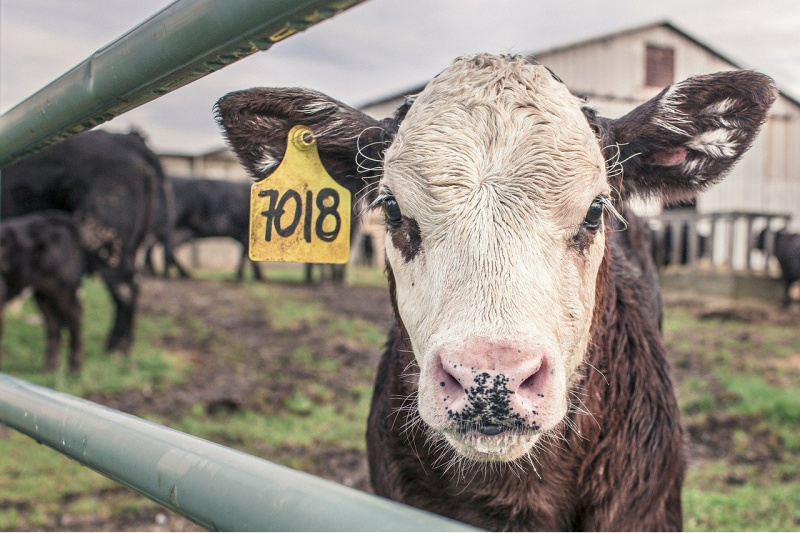My great-great-grandmother lived on a dairy farm. She loved flowers, especially her roses. In front of the small, white farm house, she planted seeds each year. If the soil, weather and insect gods smiled down on her in the right proportions, she was rewarded with a lovely display which warmed her heart and soul.
Trouble began to brew when her husband decided that the flowers and seeds were frivolous for a farm. He insisted that she spend her time tending to the vegetable garden, the house and the children. He refused to buy flower seeds or plants for her. Deciding that cow manure, in overflowing supply on the dairy farm, was better used in the fields for fertilizer, he refused her even a meager supply for her roses.
She was, by all accounts, an honest and thrifty woman. She bowed to her husband in all things. But this beauty, this love of flowers, made her bold.
Late at night, while her husband slept and dreamed of greater milk yields, she crept out to the barn and stole manure from the large pile. Silently in the darkness, she worked the manure into the soil around her precious roses until the soil and manure became one. She smoothed the surface of the soil, covering any tell-tale signs that manure had been added, washed her hands, and went to bed.
The roses that year were the best ever.
In our search for truth and beauty, we often run across manure — unappealing things, people or events. But behind the facade, there are life lessons to be learned:
- Sometimes, we need a little manure in our lives to help us grow.
- If the manure doesn’t come to us, we often go out and find it.
- If we take time to understand the nature of the manure, we can work it into the soil of our lives, to enhance our personal growth.
- After manure enters our lives, we can smooth the soil to make it appear as if things are still the same, but underneath it all, the soil is forever changed.

 Crafting Your Core Message
Crafting Your Core Message
